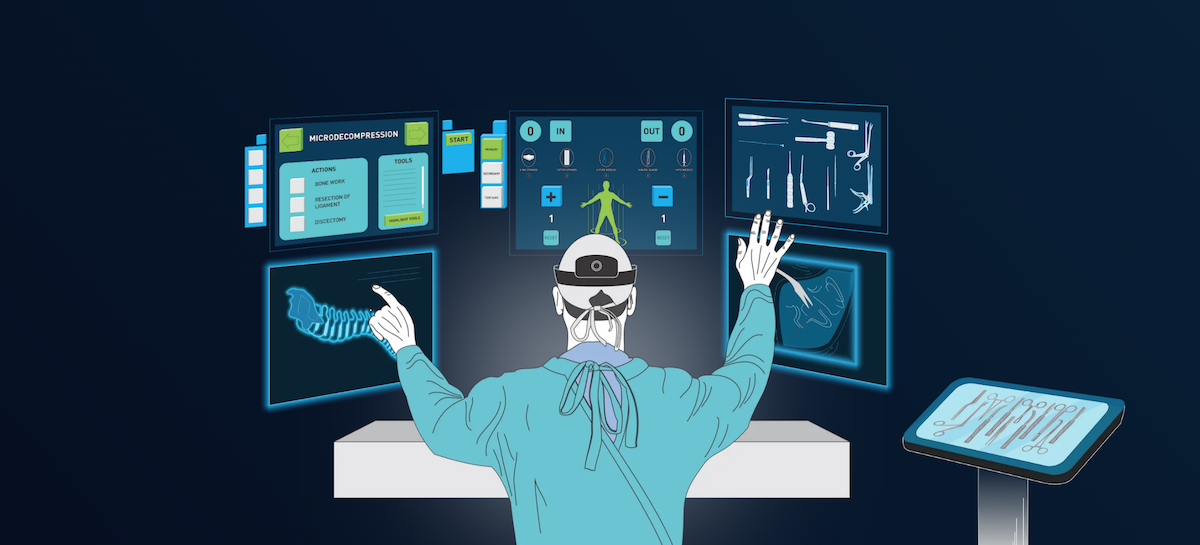By Sahra-Josephine Hjorth

Is the Metaverse the new Internet?
Many researchers and futurists argue that the Metaverse is the new Internet or that it will be. Historically, I have been quite skeptical about this grandiose statement. We’ve spent ten years being told that the learning industry is about to be disrupted by Virtual Reality (VR) and Augmented Reality (AR), and that has not happened yet, so how seriously should we take the Metaverse, and why is it something I personally spend my precious time on?
To explore the Metaverse firsthand, I created a profile on Decentraland and even participated in a US Open-themed event in a virtual bar sponsored by Grey Goose. The event was barely attended by anyone, and needless to say, a fake drink on an online platform does not do the job for anyone who appreciates the taste of a cocktail. I have since learned that my experience of being alone in the Metaverse is not singular. In December 2022, Entrepreneur exposed that the EU paid over 400.000 EUR to create an event in the metaverse that was not attended by anyone.
According to sources, 400 million people currently use the Metaverse in some form, and the number is expected to double by 2028. Decentraland only has around 8000 unique daily users, so it is ill-advised to formulate an opinion based on this Metaverse experience alone.
In September 2022, at the yearly tech conference TechBBQ in Copenhagen, Denmark, I compared the experience of using the Metaverse with that of owning a first-generation Ipad. When I acquired the first gen iPad, my husband looked at it and somewhat ridiculed me for spending so much money on a tool he felt was best suited as a tray to serve drinks with (yes, I am aware of the recurring theme of alcohol). I mean, how much could it do? But as several generations of the Ipad have come to market, many are now using the iPad as a computer, and the usefulness of the tool is quite clear. The Metaverse feels the same to me. The version we can access on Decentraland now will not make me come back, but other platforms have users hooked – one of them being Minecraft.
Minecraft, the Metaverse, and the intersection of gaming and learning
I have two young boys, aged three and six, who are active builders in Minecraft creative mode (yes, there is a debate to have about whether they are too young to play, but Elliott (6) is also in the STEAM club, and about to learn to build robots, so we are a tech immersed family, okay?). One evening, Elliott comes running, crying desperately. I was quite confused – what terrible act could have occurred to him while sitting still on the couch in the living room? Turns out, he had spent time in Minecraft three days after school, building an aquarium filled with rare animals. A collection of axolotls is the most prized possession. While completing his work, he accidentally destroyed his aquarium with lava. My natural instinct was to tell him that the aquarium was fake – it was an imaginary thing he built in the Metaverse, so there was no reason to be all that upset. This instinct was wrong. There is a huge difference between attending a virtual bar and building a virtual aquarium in the Metaverse. Elliott put real time, effort, and imagination into this aquarium and owned it in the virtual world. As parents, we must understand that the lines between virtual and physical are blurry and that talent, friendships, and a sense of belonging are shaped in the Metaverse. My children also participate in the token economy and spend the pocket money they earn from washing the floors each Sunday on gadgets for their avatars.
The Metaverse and implications for learning
What do virtual drinks, avatars, and tokens have to do with learning? My children are learning to be creative thinkers, code, collaborate, and manage money and friendships through gaming. The lines between learning and gaming are increasingly blurry. The Lego Foundation invests in “Learning Through Play” and has historically been a pioneer in this area. It is my prediction that in the future, every single learning platform will be connected to a Metaverse. The lowest hanging fruit is through the inclusion of 3D avatars – but hold on to your money a little longer. Unless you are planning to be a Metaverse edtech, I wouldn’t build or buy my Metaverse just yet. I’d wait for more mature web 3.0 technologies and slightly more widespread adoption.



